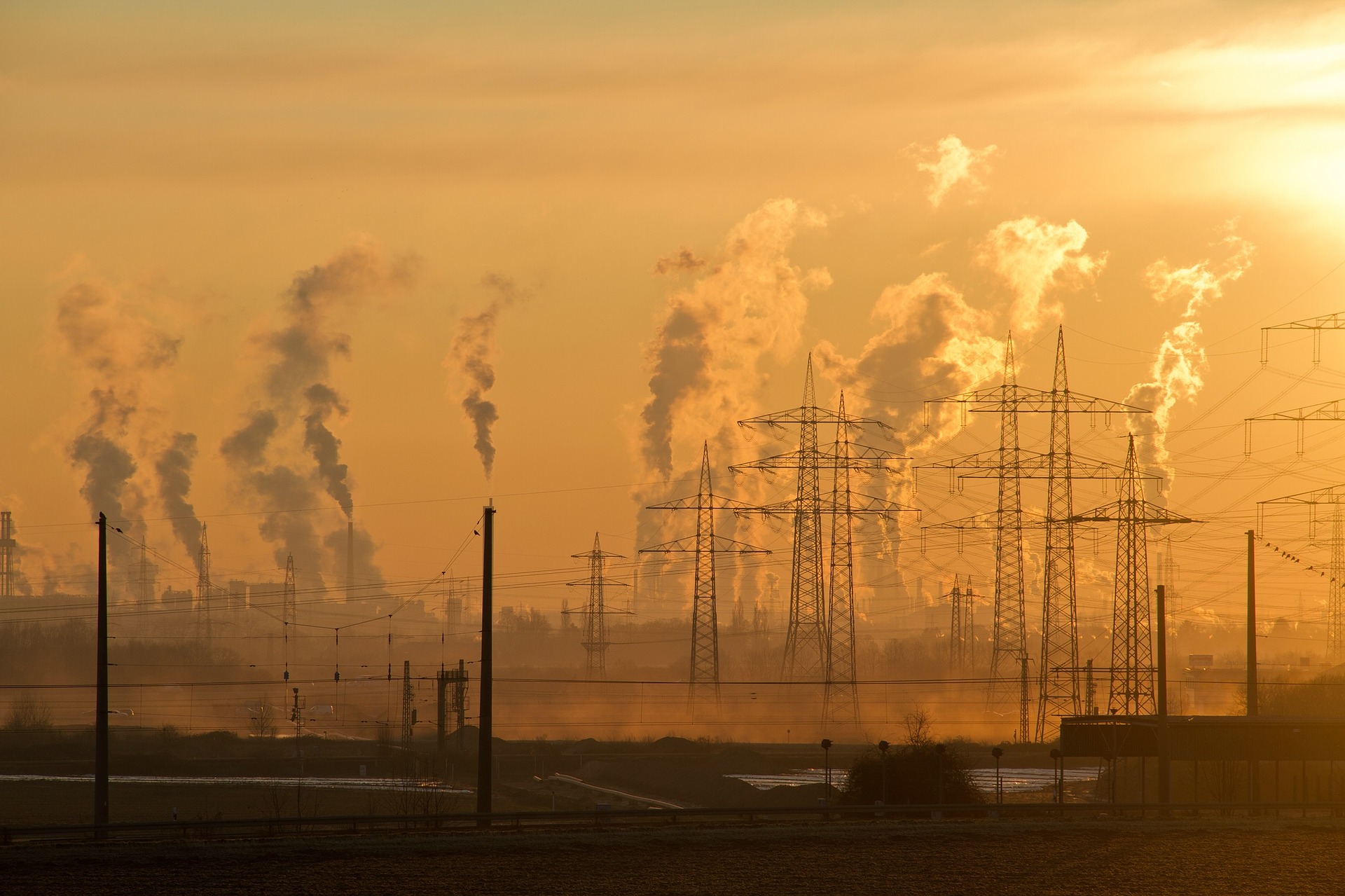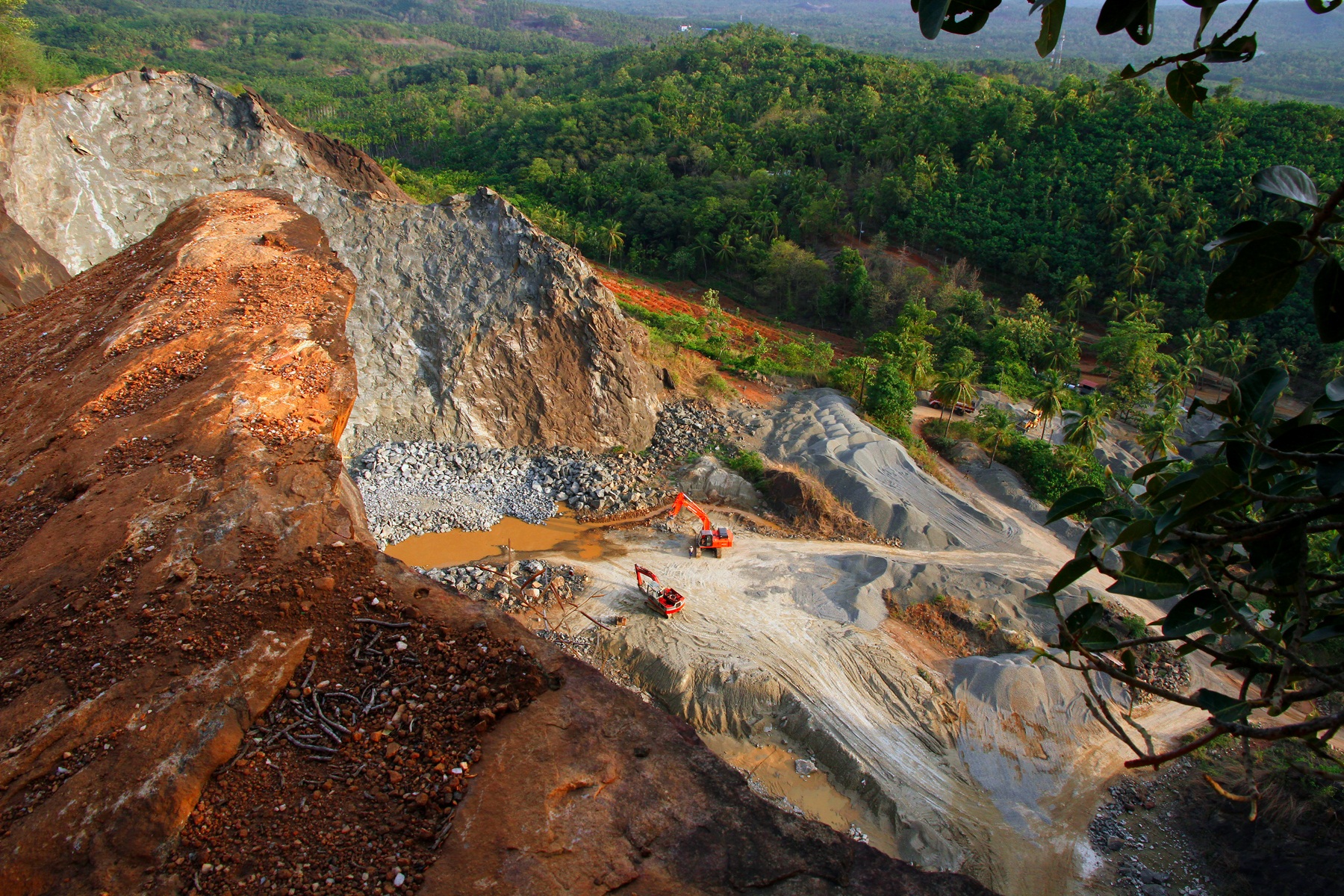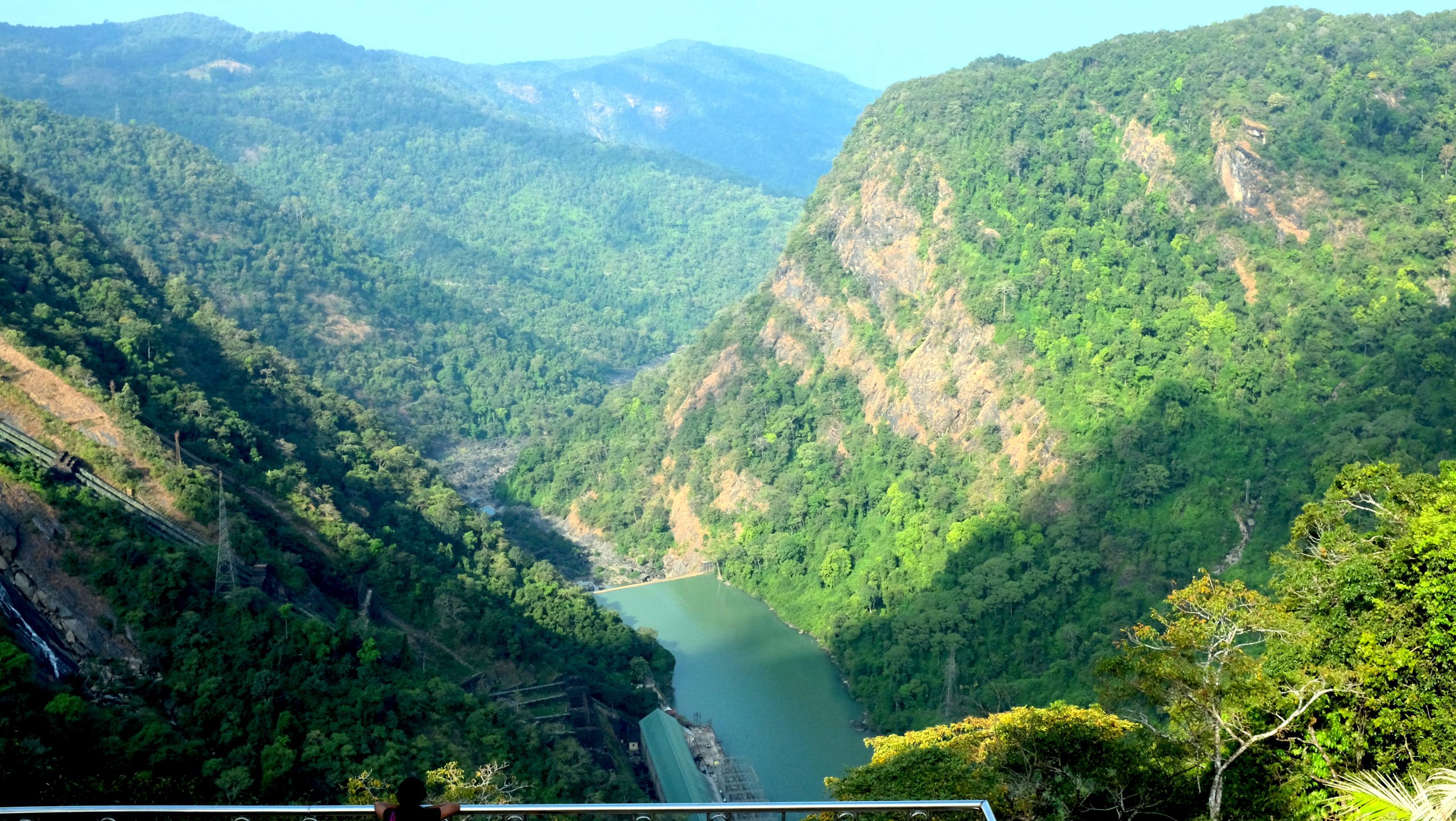Part III : The proposed new law on EIA – is it an upgrade?

This is the last part of the article series analysing the changes proposed by the Redraft EIA notification 2020 to the existing Environmental Impact Assessment (EIA) regime.
Compromised Public Consultations
The 2006 EIA notification exempts only six major project types from holding public consultations, and all other projects (including expansion projects) have to go through these consultations during an EIA. Exempted projects are classified into those of ‘strategic importance’, involving National Security and those pertaining to expansion of roads and highways (where the further acquisition of land is not required). The Redraft notification of 2020 (hereafter ‘the Draft notification’) proposes to add at least 14 new items to the list of exempted projects. Certain very critical projects like those involving biomedical waste treatment, common effluent treatment, construction of national highways, etc are proposed to be exempted from the mandatory process of holding public and stakeholder consultations. All project expansions that propose an expansion of less than 50% of their existing capacity, are also proposed to be exempted.
In addition to this, the Draft notification proposes that the concerns raised during a public consultation will not mandate an additional/fresh study by the Appraisal Committee. It leaves this to the discretion of the Committee, ignoring the concerns raised by the locals and thereby weakening the role of public consultations altogether. The minimum notice period of 30 days for organising a public consultation as is prescribed by the 2006 notification, is also proposed to be reduced to 20 days. The 30-day notice period itself had been facing criticism for being too little. This new proposed time-period is unjust keeping in mind the ineffective notifying techniques employed and the complicated scientific and technical language of EIA documents that are made public. There is no way that a meaningful and effective public response can be garnered in the proposed time period.
A Certificate from PBC now equals EIA report
The Draft notification proposes that the projects that have received a ‘No increase in pollution load ’ certificate from a State Pollution Control Board or from the Union Territory Pollution Control Committee on the recommendation from the Technical Committees instituted under the Air Act (of 1981) or Water Act (of 1974), may not be required to submit an EIA report or an Environment Management Plan (EMP). The Draft notification fails to factor in the expanse of ecology and the kinds of pollution or deterioration possible in different geographic regions of India. It merely focuses on air and water pollution. Biodiversity, noise pollution, wildlife, etc are not even legitimate concerns as per this proposed provision as these will not be taken into consideration by the PBCs.
Exemption from Prior EC
The Draft notification exempts about 40 different projects and activities from the requirement of any Prior Environmental Clearance (EC). This includes projects/activities like Solar thermal power plants, photo-voltaic plants, extraction of earth for linear projects, LNG terminals, maintenance dredging etc. that have a considerable impact on the environment and inhabitants of a site. Maintenance dredging being exempted from Prior EC would have a severe ecological and social impact on rivers since more than 100 rivers in India are National Waterways (most were declared only recently in 2016).
Perpetual validity of a Prior EC
A new provision proposed by the Draft notification prescribes that the Prior EC obtained for a project in its operational phase (except for mining projects) shall be perpetual for the rest of its life. The proposed provision gives no maximum time-limit for such perpetuity. Environmental Clearances are granted keeping in mind the data and conditions as submitted when the application is scrutinized, these conditions and details are bound to change with time depending on various factors. A Prior EC cannot rule out the impact on environment for an entire lifetime of a project (including its closure). This provision defies the whole objective of an EC since environmental concerns for any region change at a very fast pace.
Self-compliance Reports
The Draft notification proposes to extend the half-yearly submissions of self-compliance reports to yearly submissions. The half-yearly monitoring already faces criticism for not being proper and prompt, therefore extending it to a yearly exercise will only increase the scope for more compromised and corrupt standards. However, new penalties have been proposed in case of non-submission of the compliance reports. But the amount of fine as proposed by the Draft notification is as low as INR 500, 1000, and 2500 per day (of delayed submission) for Category B2, B1, and A projects respectively. The measly amounts thus prescribed defeat the purpose of imposing a punitive fine, because the harm being caused with each passing day is irreversible.
Regularising violators
A new provision proposed by the Draft notification regularises the projects that commenced operations without obtaining a Prior EC. Under the current law, this would amount to a violation, but the proposed draft makes it a mere irregularity. Under the proposed law, a project when caught operating without clearance would just have to pay the fine and get an EC done without having to worry about rejection at its nascent stage. This is clearly against the precautionary principle and will cause irreversible damage to the environment. Relying on the same, there have been repeated recommendations from the judiciary against post-facto clearances. These principles have not been kept in mind while drafting this new law.
The penalty for non-compliance with the terms of an EC has also been diluted under the Draft notification. Under the 2006 notification, the Regulating Authority has the power to withdraw an EC as a penalty for non-compliance with any of the conditions upon which the clearance was awarded. This no more finds a place in the Draft notification. The only penalty proposed thereby is furnishing of a bank guarantee as an assurance for a time-bound action to redress the violation.
Complaints
The Draft notification even restricts stakeholders from registering a complaint against non-compliant or violator project. The only complaints recognised by the proposed law are suo motu complaints by the project/industry, a complaint made by any government authority, or by the Appraisal Committee during an appraisal, or by Regulatory Authority while processing the application. A citizen or a local resident does not have the locus to file a complaint against violations by an industry. The Draft law thus denies the citizens their Right to life and their constitutional duty of protecting the environment.
In conclusion, it is safe to say that the Draft notification does not look like an advancement from the existing regime but more like a step backward. The claim made by the Draft legislation of combining all directions made by the Courts and NGT has also fallen short. Enacting most of the proposed provisions as discussed above, may lead to gross violation of environmental principles and the Right to life of the citizens under the Constitution of India. In light of the issues dealt with this article series, it is hard to suggest any amendments to the Draft notification in its current form, and merely a request can be made to MoEFCC for a re-attempt at revising this very important law.








Girish
The abodes of our Gods.
Or the forests our sages dwelled in.
Or the lands our ancestors donated to temples.
This govt is insensitive to everything that Hindus hold dear.
Jayant Jha
Thank you for such a scrutinized study.
Can we know what in your knowledge would be an Indic way of striking sustainable balance between Economics and Environment? How can it be adopted today? It would be great if you make a similar series on Indic Knowledge of Sustainable Development